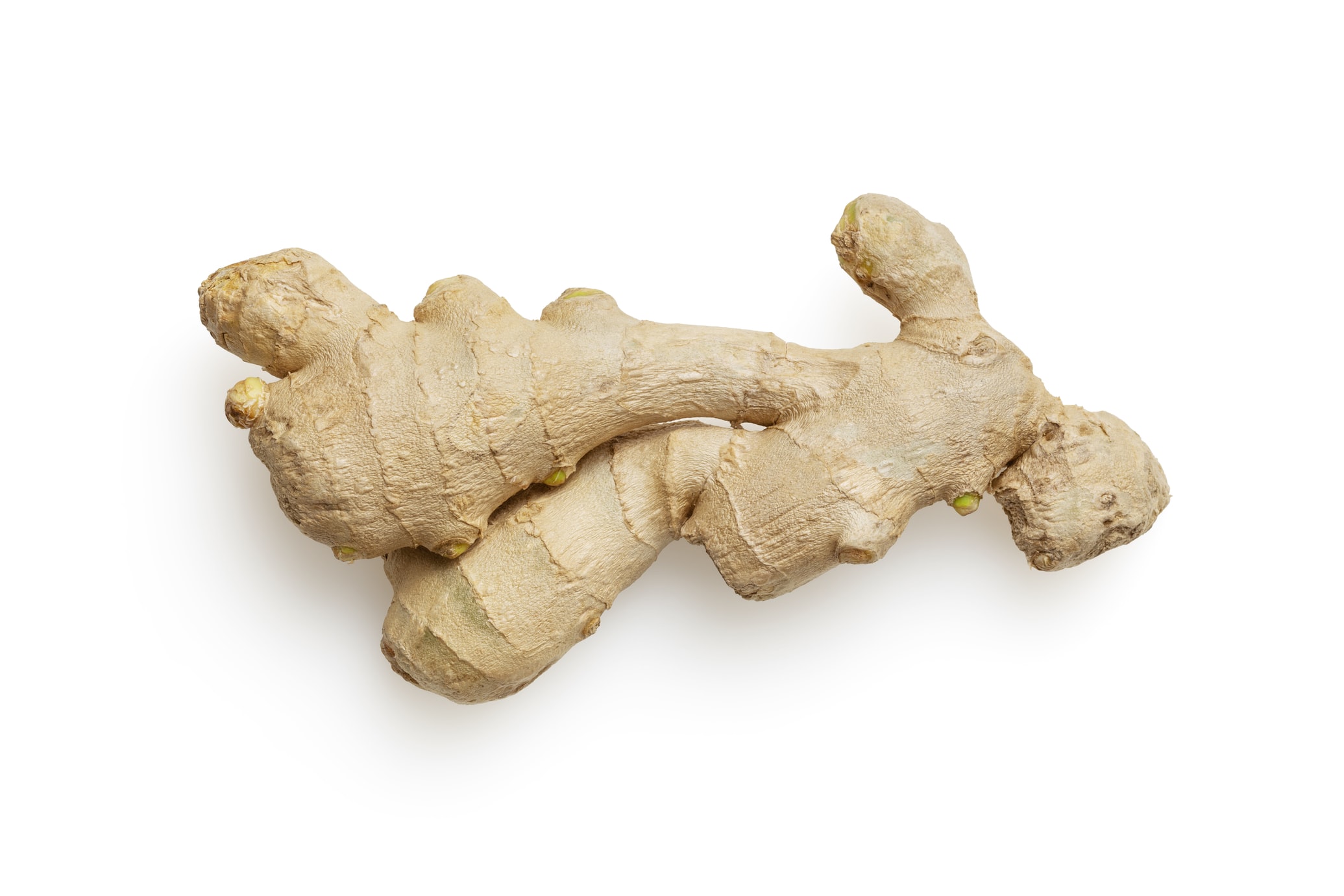
There’s all sorts of benefits in that weird little root.
How many of you, whenever you had a stomach ache growing up, were told by your parents to drink some ginger ale? That’s not an old wives’ tale; ginger has potent nausea-suppression abilities that have been scientifically proven to remedy stomach aches and prevent vomiting. Of course, these days, commercial ginger ale doesn’t have nearly as much ginger, so that might be a placebo effect, but I digress.
Ginger is one of the oldest staples of folk medicine, not to mention one of the oldest food spices in the world. While it’s a weird little root that occasionally looks like a swollen baby hand, you can’t deny that eating it yields some really great benefits. For instance, in addition to the nausea-fighting benefits we just covered, ginger is a natural anti-inflammatory agent. Chronic inflammation can put your body at higher risk of circulation-related conditions like heart attacks, or chronic pain like arthritis. Studies show that regular consumption of ginger reduces chronic swelling and inflammation, which in turn can lessen chronic body pains. It’s also packed with antioxidants, which have been proven to be a helpful deterrent against particularly nasty afflictions like diabetes and cancer.

Ginger isn’t only good for circulating blood and curing tummy aches, it’s also good for clearing up gas and indigestion. A little extra ginger in your diet can help to clear out your stomach and speed up the process by which it empties into your small intestine. Grandma always said it’s good for the digestion, and wouldn’t you know it, she was right.
It’s easy to add a little extra ginger to your diet. You can throw a few slices into some hot water to make ginger tea, grind it up and add it your food for a spicy kick, or blend it into your morning smoothie. If none of that sounds appealing, you can just take a ginger capsule in the morning. Just make sure not to eat too much ginger, or you could end up with heartburn. That spiciness builds on you.




